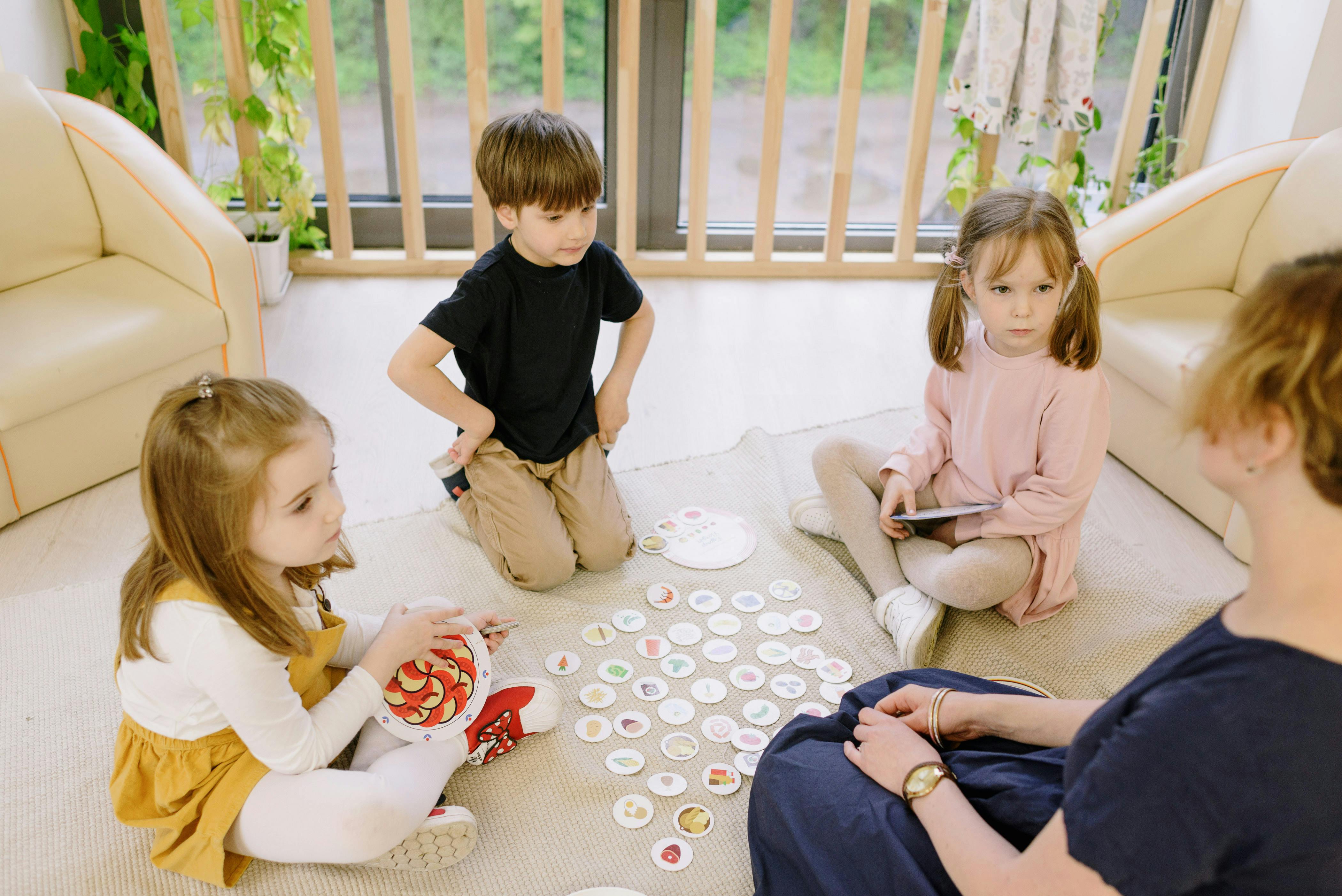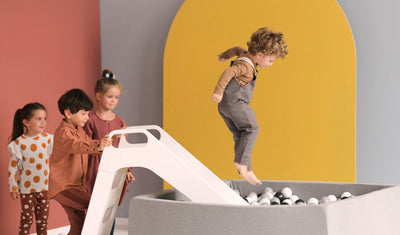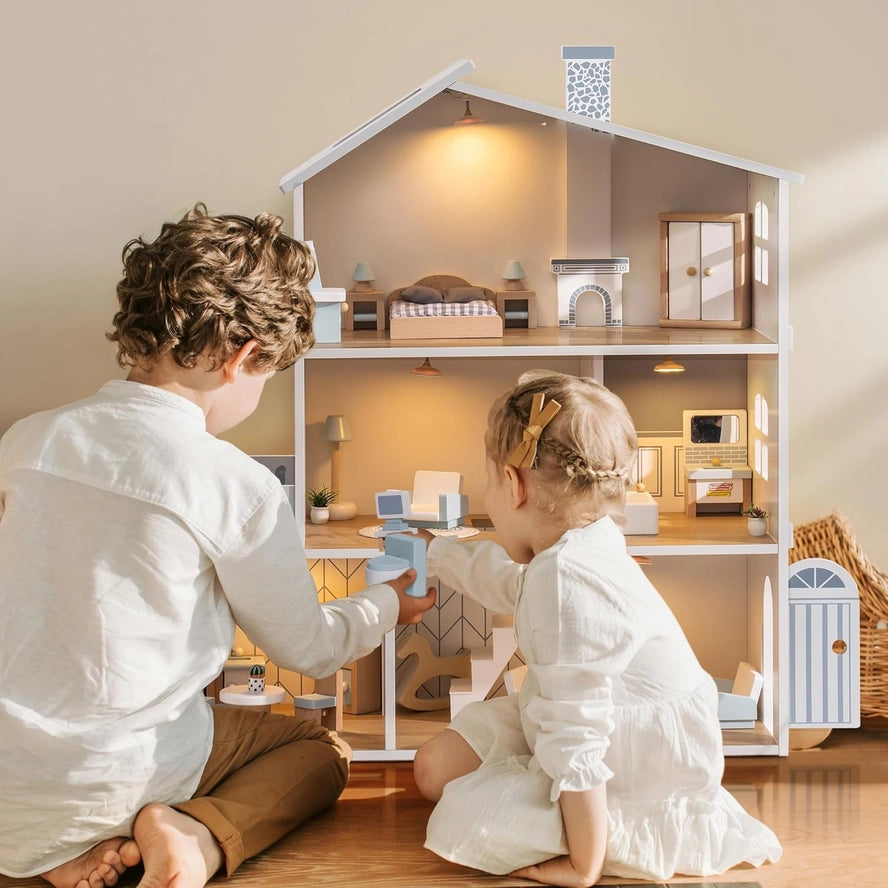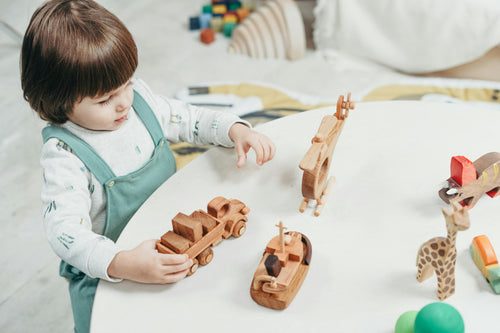
Why are cooperative games essential for children?
Cooperative games: an essential educational tool for children
In the world of children's games, there's one important category: cooperative games. Unlike competitive games, these activities encourage children to work together toward a common goal. But how important are cooperative games for children? Why prioritize these moments of mutual support over simple competition? This article explains everything about cooperative activities for children and the many benefits they offer.
What is a cooperative game for children?
Cooperative play for children is an activity where participants collaborate rather than compete, joining forces to solve a challenge or achieve a common goal. For example, solving a puzzle as a team, building a building project, or inventing a story together. These games allow children to learn to collaborate, listen, and find their place within a group.
Why are cooperative games important for children?
The importance of cooperative play for children lies not only in the joy of playing together. These activities have a direct impact on their social and emotional learning. Indeed, children acquire essential skills: oral expression, emotion management, empathy, and respect for shared norms. These cooperative games become real tools for learning through play, while strengthening relationships between peers.
The Benefits of Cooperative Activities for Children
- Foster teamwork: By playing together, children learn to listen to others, share their ideas and find common solutions.
- Building self-confidence: In a no-win, no-lose environment, every child can express themselves without fear of failure.
- Stimulate learning: Cooperative games promote playful learning, where children progress by experimenting, having fun and collaborating.
Cooperative ball games
Cooperative ball games are perfect for developing coordination and team spirit. For example, passing a ball over a line of children's heads without dropping it, or organizing a race where several children hold a ball together without using their hands. These activities stimulate concentration, communication, and mutual support.
Cooperative games without equipment
Toys or accessories aren't always necessary to create a fun group experience. Cooperative games without equipment, such as mime games, Chinese whispers, or storytelling, allow children to have fun while working together. These games are ideal for stimulating imagination and strengthening bonds between friends.
Cooperative games in kindergarten
At school, cooperative play in preschool is often used to introduce young children to group life. These activities can include small group constructions, rhymes with shared gestures, or circle games. These simple but effective activities help children develop their social skills and learn to play together in a safe and supportive environment.
How to integrate cooperative games into everyday life?
To reap the benefits of cooperative play with your children, simply introduce simple cooperative activities into your daily routine: cooperative board games, group art activities, team treasure hunts, or even challenges to tackle together as a family. The key is to create a framework where cooperation takes precedence over competition.
You may also like ➔ Board games: an educational tool to stimulate intelligence and sociability , which will give you plenty of ideas to enrich your fun times with your family.
Learning through play: a key to growing together
Learning through play is one of the best ways to develop children's social and emotional skills. Through cooperative play, they learn to work together, solve problems collectively, and thrive in a supportive environment. These experiences help them better understand the importance of helping each other, whether at home, at school, or with friends.
Cooperative games for children are more than just entertainment: they are powerful educational tools to support children's development. By incorporating cooperative activities at home or at school, you offer them the opportunity to learn, have fun, and grow together.






